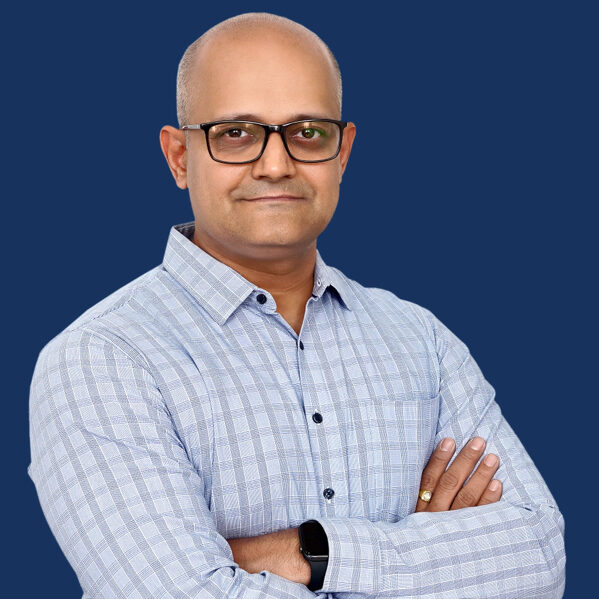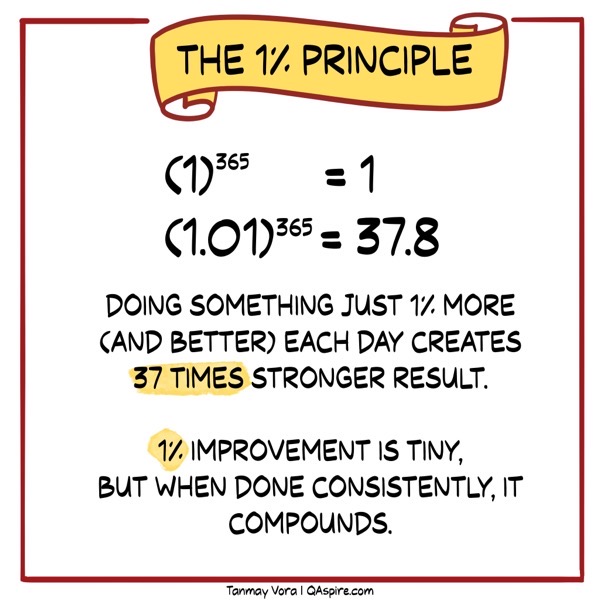My dad was detected with heart condition but doctor mentioned that there is no emergency for surgery. We did not leave it to chance and chose to voluntarily get the surgery done.
It was a proactive decision. This choice allowed us to plan it meticulously and get mentally prepared.
Had we not chosen, we would have left it to chance and let an emergency happen. Why bother when there is no immediate symptoms? Leaving things to chance is never a great strategy – especially when our health is concerned. Emergency situations lead to immense stress, especially when you could have anticipated it and managed it proactively.
This applies to a lot of decisions that we don’t take because there is no pressing need for it right now. We don’t act because we can’t see the consequences.
One thing is clear from my experience: Being able to CHOOSE > Leaving things to CHANCE.
You can only leave things to a chance AFTER you have done everything you could have done. Then, those are circumstances you have to accept.
Our ability to see things before they happen and manage them proactively through right choices is our super power as human beings. Animals don’t have that gift. We do.
We need to make good use of it.
35/366

